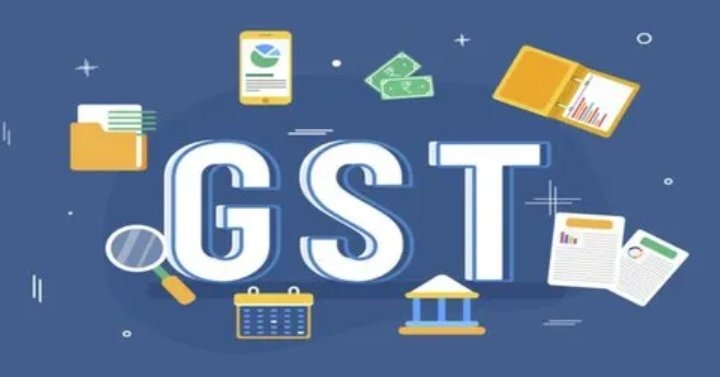Govt recommends GST reduction from 12% to 5% on various medical equipment and supplies devices
September 04, 2025 | Thursday | News
Reduction of GST from 12% to NIL on 33 life-saving drugs and medicines
image credit- shutterstock
The 56th meeting of the GST Council was held in New Delhi under the chairpersonship of the Union Finance & Corporate Affairs Minister Nirmala Sitharaman. The GST Council inter-alia made the recommendations relating to changes in GST tax rates, provide relief to individuals, common man, aspirational middle class and measures for facilitation of trade in GST.
Particularly for the life sciences sector, the recommendations include-
- Reduction of GST from 12% to NIL on 33 life-saving drugs and medicines and from 5% to NIL on 3 life-saving drugs & medicines used for treatment of cancer, rare diseases and other severe chronic diseases
- Reduction of GST on all other drugs and medicines from 12% to 5%
- Reduction of GST from 18% to 5% on various medical apparatus and devices used for medical, surgical, dental or veterinary usage or for physical or chemical analysis
- Reduction of GST from 12% to 5% on various medical equipment and supplies devices such as wadding gauze, bandages, diagnostic kits and reagents, blood glucose monitoring system (Glucometer) medical devices, etc
Post these recommendations, encouraging responses are pouring in from the industry-
Dr GSK Velu, Chairman & Managing Director, Trivitron Healthcare, Neuberg Diagnostics and Maxivision Super Speciality Eye Hospitals said, “These new GST reforms are path breaking and should overall boost our economy and benefit every citizen of India. We welcome the decision to reduce GST from 12 % to 5% for medical devices, diagnostics instruments and reagents. We also welcome the nil GST on medical insurance, general insurance and few lifesaving drugs. Also if the well intended reforms on GST reforms and resolution to inverted duty structure is well implemented it will benefit all industries and will ensure desired benefit reaches end consumers."
Dr Harsh Mahajan FICCI Chairman- Health & Services & Founder Mahajan Imaging & Labs said, "We are also hopeful that GST on equipment maintenance service contracts will also be brought down from 18% to 5%, in line with rate rationalisation and the fact that hospitals and diagnostic centres do not get any input tax credit on GST that they pay on essential items like equipment, lease rentals, equipment service contracts, etc which is 4-5% of total revenue leading to "embedded taxes" and higher patient costs."
According to Sheetal Arora, Promoter & CEO, Mankind Pharma, “The GST revisions go beyond tax rationalization, they represent a structural shift in how India is enabling healthcare access. By removing GST on lifesaving rare-disease and oncology therapies and reducing it on essential medicines and diagnostics, the government has signaled that affordability and innovation can go hand in hand. Equally important is the reduction in GST on pharma manufacturing services, which will improve cost efficiencies, strengthen supply chains, and encourage deeper collaboration with MSMEs and CDMOs. Coupled with exemptions on health insurance and hospital services, these reforms address the ecosystem end-to-end including patients, providers, and manufacturers."
Sanjiv Navangul, MD & CEO, Bharat Serums and Vaccines (A Mankind Group Company) said, “We are encouraged by the GST Council’s decision to eliminate GST on advanced therapies, particularly biologics for oncology and rare diseases. It is a decisive step toward improving and advancing healthcare equity in India. Such reforms impact treatment costs for patients and widen access and availability while integrating advanced care into mainstream treatment pathways."
Priyanka Chigurupati, Executive Director, Granules India said, "The GST Council’s rationalisation reflects a clear commitment to strengthening India’s healthcare and pharmaceutical value chain. By reducing GST on all medicines, essential inputs, and contract manufacturing services, while exempting advanced therapies from tax, the government has created a framework that balances patient affordability with industry competitiveness. For a vertically integrated manufacturer like Granules, this change improves supply chain efficiencies and opens new opportunities to collaborate with technical and cost effective partners; improves speed of bringing products to the table. The reduction in job-work GST is significant for contract developers to scale faster, which in turn fuels a stronger and more resilient pharma ecosystem.”









